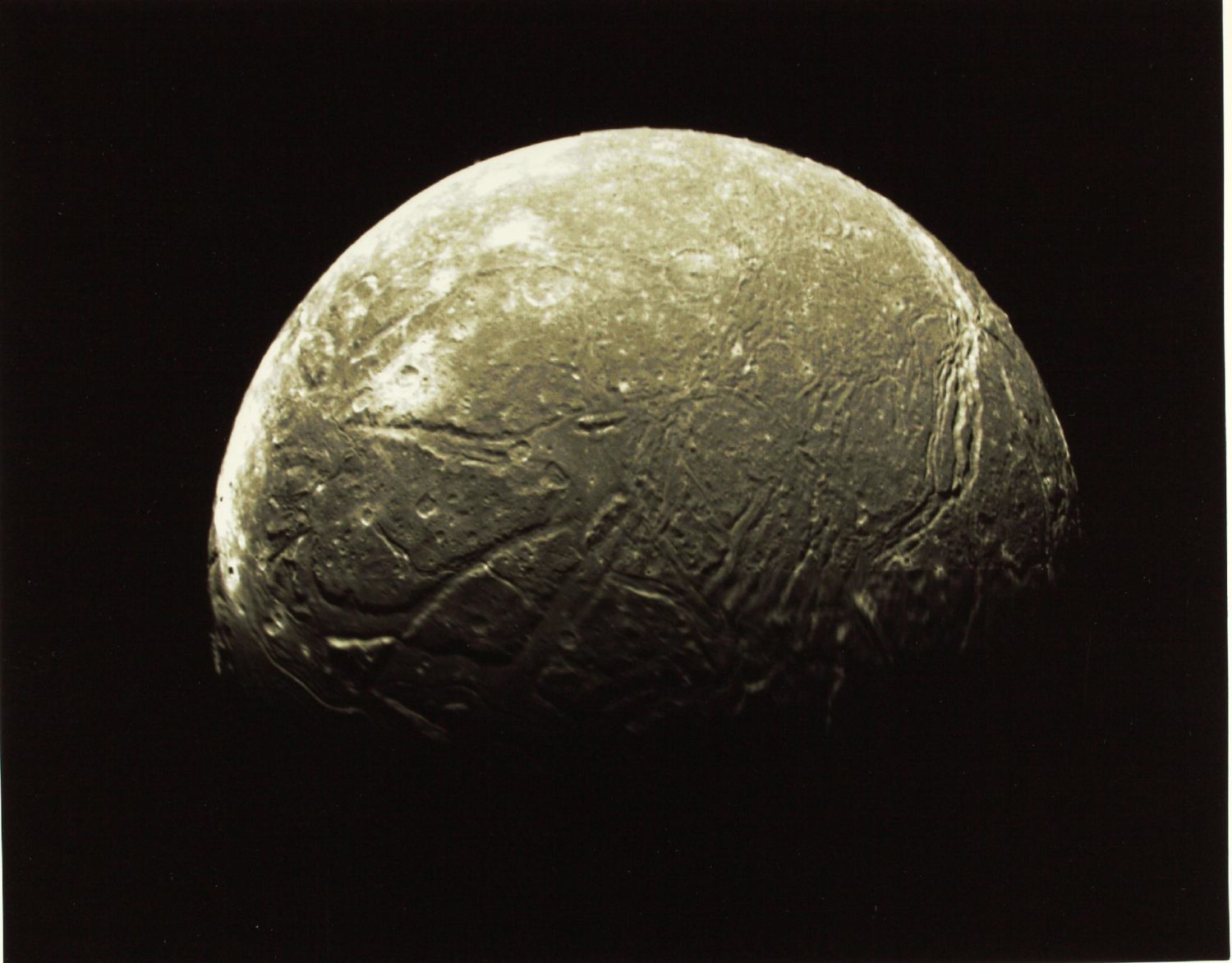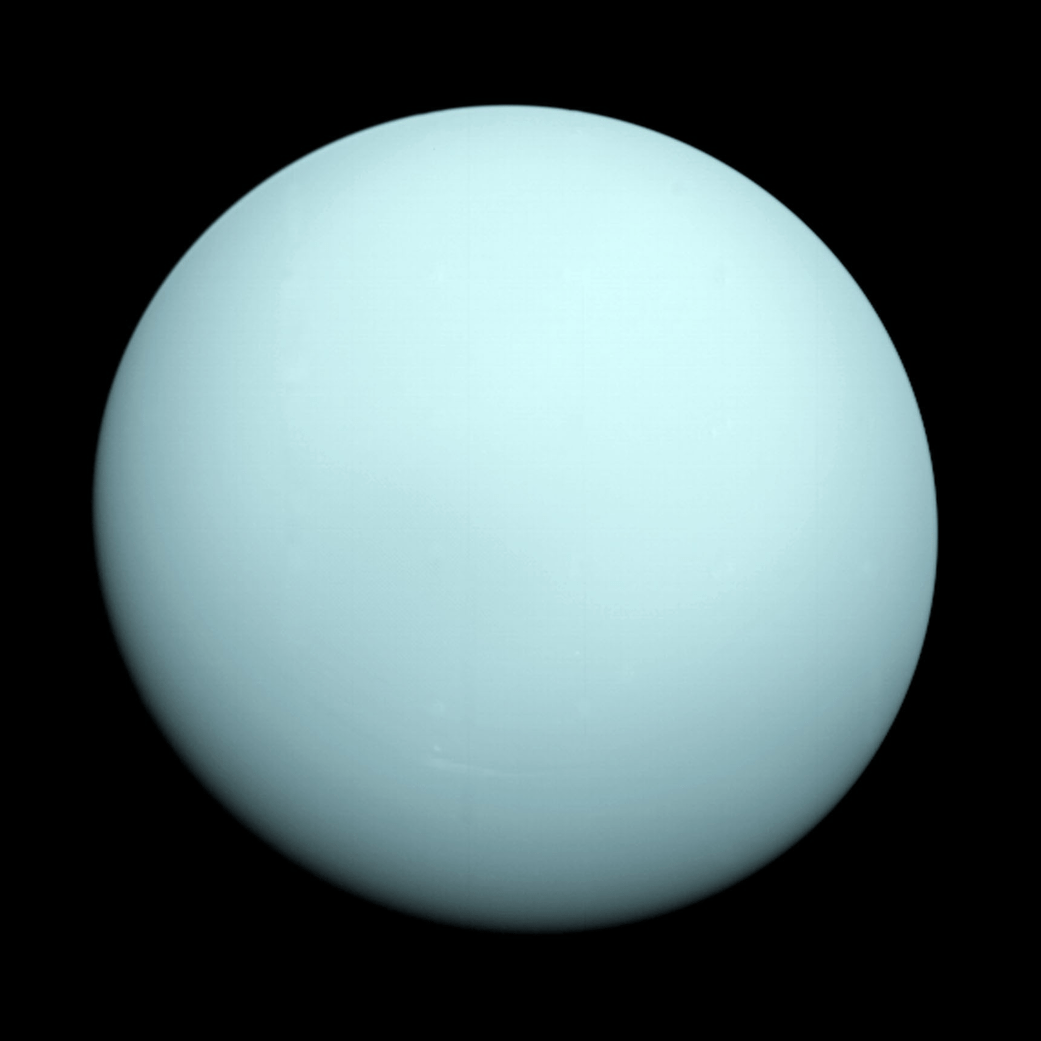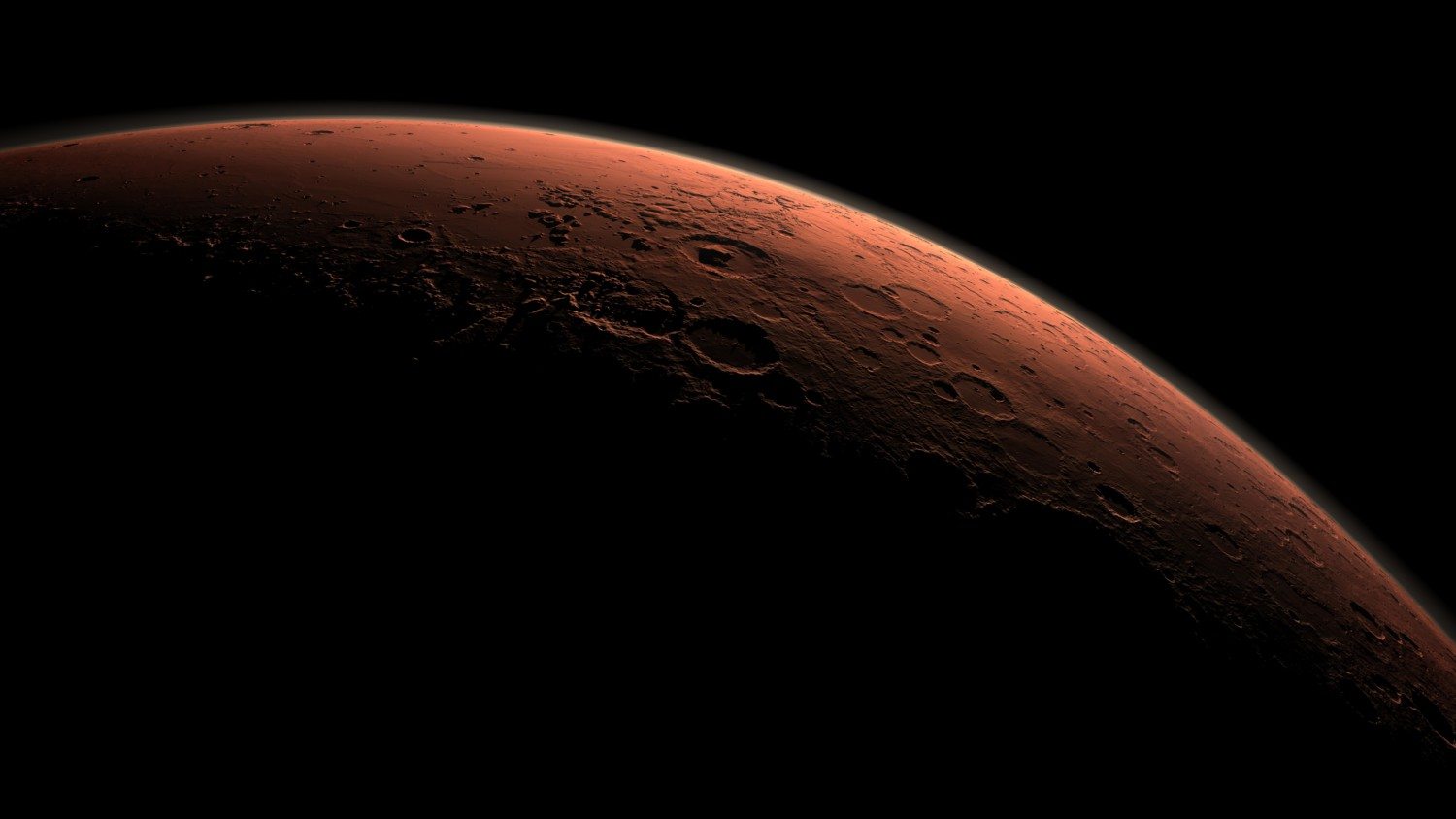Scientists prove Uranus smells like rotten eggs—No, seriously
Uranus has long been the butt of many planetary jokes — but now it’s going to be the cause of even more grade-school giggles.
A new study from England’s prestigious University of Oxford has declared that the upper atmosphere of Uranus is composed primarily of hydrogen sulfide — which is just a fancy term for gas that smells like rotten eggs.
How did scientists make this important discovery about the planet? For decades, astronomers have wondered what chemicals compose the clouds that swirl around Uranus’s atmosphere, but they were never quite sure of the answer. That is until Oxford’s Patrick Irwin was recently able to use the Gemini North telescope, located on Hawaii’s highest point, to dissect the infrared light from Uranus.
And Irwin’s landmark findings revealed that Uranus’s upper atmosphere is, essentially, pretty stinky. “If an unfortunate human were ever to descend through Uranus’s clouds, they would be met with very unpleasant and odiferous conditions,” Irwin said in a press release.
Of course, if you made it that far, the odor would be the least of your problems as Uranus is far from suitable for human life.
“Suffocation and exposure in the negative 200 degrees Celsius atmosphere made of mostly hydrogen, helium, and methane would take its toll long before the smell,” said Irwin, who teaches planetary physics at Oxford.
https://www.instagram.com/p/Bh89M37AkTl/?hl=en&tagged=uranus
The findings, which were published this month in the journal Nature Astronomy, are an important part of the puzzle when it comes to understanding our solar system. Scientists believe that learning about our planets’ compositions can help us to better understand how the planets were formed and from whence the planetary matter originally came.
“During our solar system’s formation the balance between nitrogen and sulphur (and hence ammonia and Uranus’s newly-detected hydrogen sulfide) was determined by the temperature and location of planet’s formation,” said Leigh Fletcher, a member of the research team from Britain’s University of Leicester.
In other words, this discovery about Uranus is more than just fodder for more fart jokes. It can help us to further understand the origin story of our universe and of evolution as a whole.
How cool is that?








